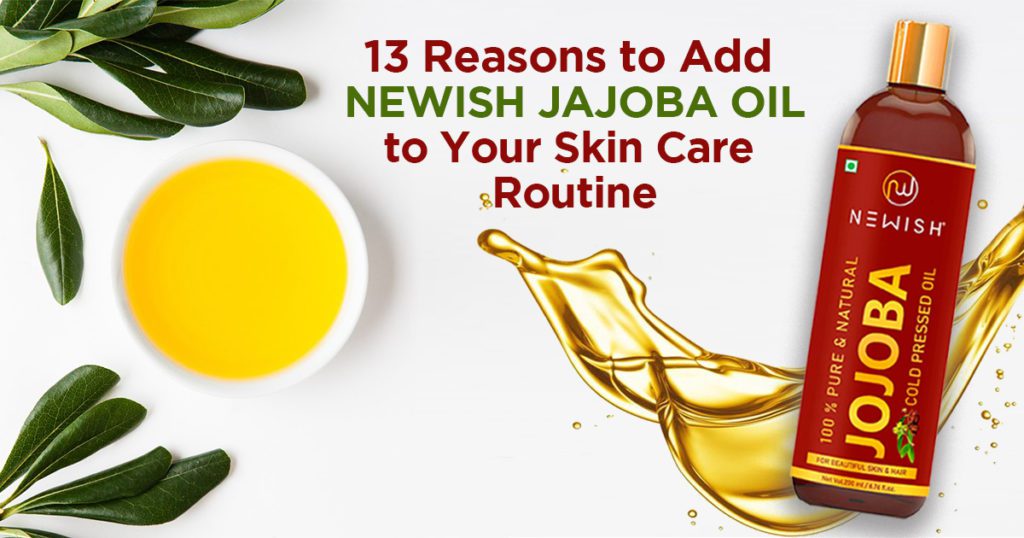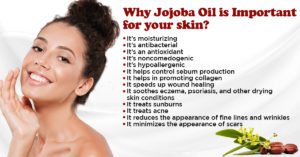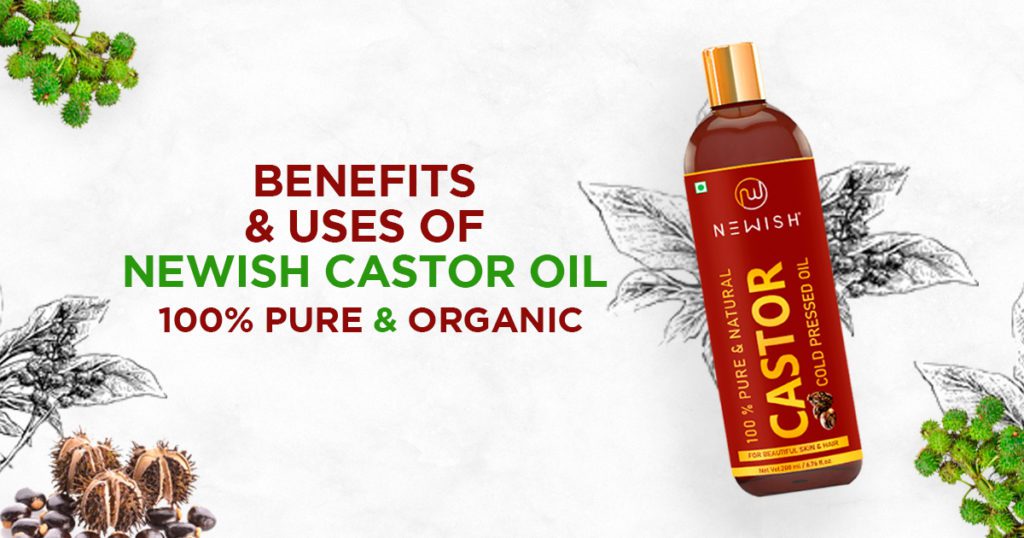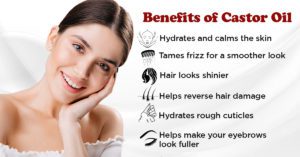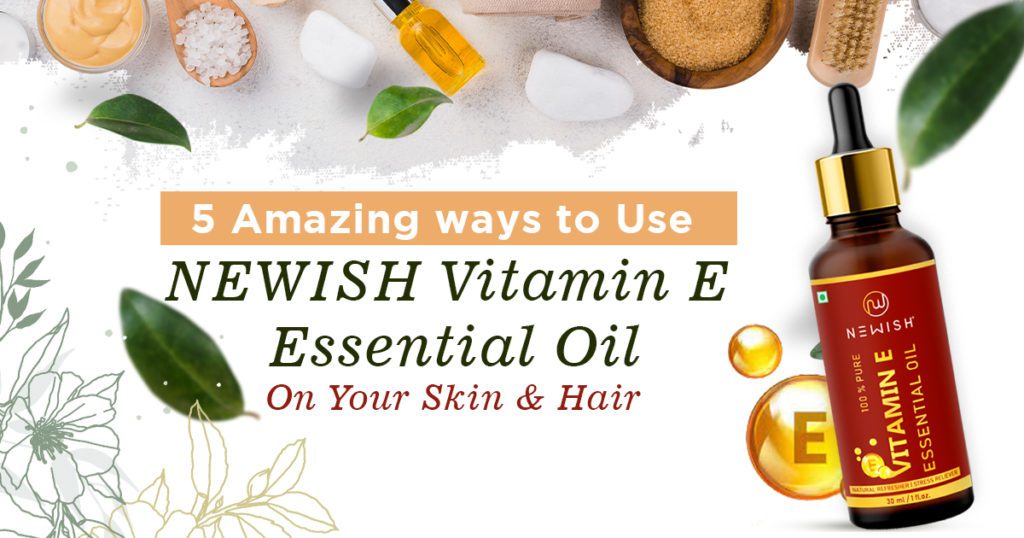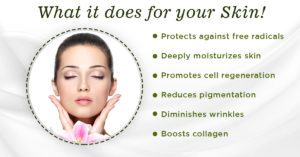Suffering from Hair fall, Dandruff and Thinning? Treat the Most Common Hair Problems now!
Today, most of the common hair problems are due to modern hair treatments. That’s why sometimes we take pills, treatments and think that they will work like a miracle for us. If you want to get rid of hair problems, it is very important to eat right and follow some important rules.
In this blog, we discuss some of the best hair care tips and the best oils for healthy and shiny hair. Our hair grows about 1/2 inch each month and 6 inches each year. The speed with which your hair is growing is based on factors such as age, well-being, hereditary characteristics and diet.
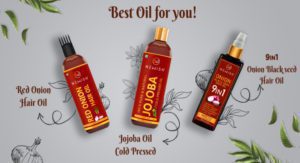
Best oil for you
Best Oils for You to treat your Hair Problems
There are many oils in the market but some best oils are, Argan Oil, Jojoba Oil, Olive Oil, Red Onion Oil & Black Seed Oil.
Argan Oil:
Argan oil is rich in fats and antioxidants, similar to vitamin E, which are good for your hair and scalp. These benefits include preventing hair from drying out and other damage caused by UV rays. If you are used to applying oil, remember to wash it off after 45 minutes or it may attract more dirt to your scalp. Pay attention to frequent washing with shampoo.
Olive Oil:
Olive Oil is one of the best oils that contain omega 3 fatty acids. Amazing consistency penetrates the scalp and provides the nourishment it needs. Basically, frequent shampooing can remove sebum from the scalp, which is normally secreted by the hair to protect it. Olive oil imparts depleted nourishment and boosts hair growth the way you want.
Jojoba Oil:
There are many things about jojoba oil that what it does for your hair. Some are true but some not. Jojoba oil used as a moisturizer for hair and skin is its main benefit. Jojoba oil prevents hair breakage and strengthens your locks. It could also be helpful in treating dandruff, dry scalp, and itchy scalp, and be used as an anti-inflammatory and skin moisturizer as well.
Black Seed Onion Oil:
Onion is said to have a wealth of cell reinforcements that help in delivering proteins that stop hair fall. Indeed, loaded up with characteristics so incredible, that it can even treat hair loss.
Newish Onion Hair Oil for Hair is the best red onion hair oil with black seeds benefits. It contains high measures of Sulphur which is a need of the hair to stay solid and battle breakage. The issues like split finishes, hair diminishing, turning grey, and so forth. Additionally, it keeps up the pH of the hair, in this manner forestalling untimely fall and keeping the hair fed.
Red Onion Oil:
As you, all know onion is rich in sulfur and ideal to boost hair growth. Sulfur is found inside amino acids, which are segments of Keratin. Keratin is known to be sulfur-rich is required for developing further hair. When added to the hair and scalp, This Oil can give additional sulfur to help solid and thick hair, consequently assisting with halting balding and advancing hair development. Sulfur from this oil additionally assists with advancing collagen creation. Collagen thusly helps the creation of sound skin cells and hair development. Its essential minerals not only boost hair growth but also support every strand to wave. Its antioxidants nature controls hair fall, dandruff, baldness, premature greying, and even psoriasis. Indeed, just after 3 uses you can see visible results on your own.
Each of these multi-purpose Hair Oil gives serious sustenance to the scalp, animates hair development, fortify hair roots, improves alopecia condition and other Reduces going bald. Newish Onion Oil invigorates your scalp and improves the course of blood, bringing about its follicles that are all around sustained. This thus decreases hair fall as scalp diseases can cause a huge loss of hair.
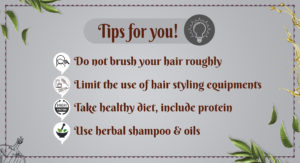
Best tips to care for your hair
Tips for You! To get rid from your Hair Problems
- Use Limited Hair Styling Equipment
- Basically, do not brush roughly. Don’t accept that about 100 brushes a day are good for your hair. Abrasive brushing causes hair loss. These hair follicles stop growing and you have entered a dormant phase.
- Use a ball-tipped brush to try not to shed more hair than you expect.
- Take a break from hair tension. Ponytails and braids are some of the best ways to show off your uniqueness.
- Choose Best Oils for You
- Take Healthy Diet, include protein in your diet
- Use chemical-free shampoo. Like Newish Onion Shampoo
Conclusion:
If you don’t take care of your hair, it will stop growing naturally. Therefore, after a while, you will notice dandruff, hair loss, dryness, and other hair problems. It is recommended to follow the above hair care tips and oils for better results. Therefore, you can make your hair stronger with Newish’s chemical-free hair care products. Say goodbye to all your hair problems by focusing on the newish tips and tracks.





